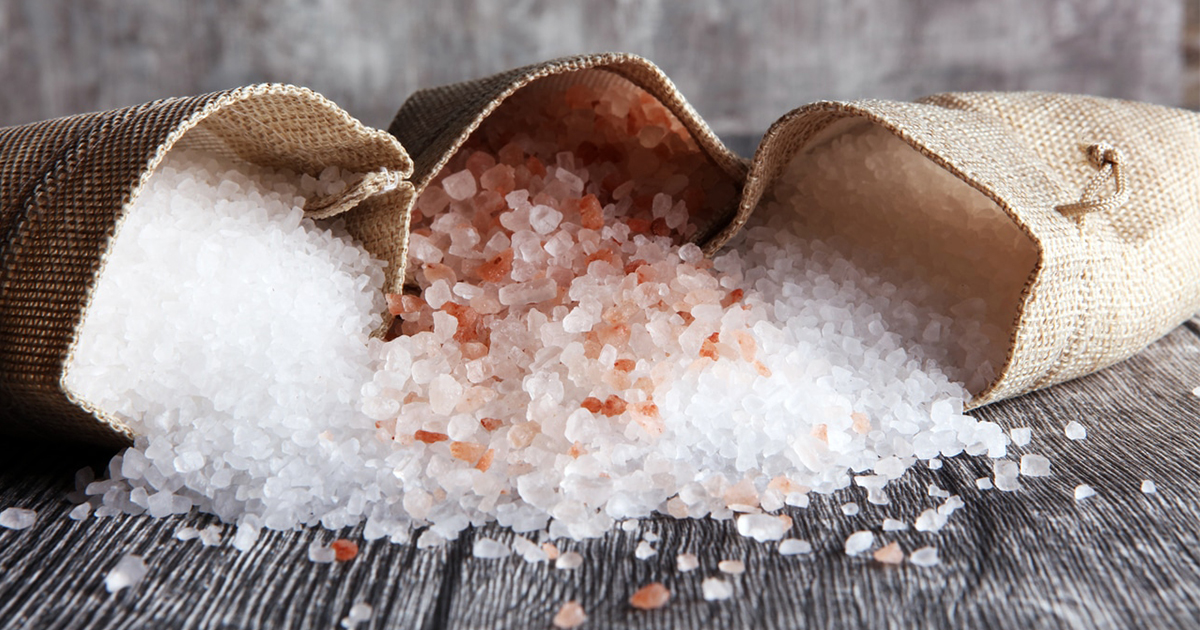The Salty Truth: How Salt impacts Kidney Function

Maintaining optimal kidney health is crucial for overall well-being, and one often overlooked factor that can significantly impact kidney function is our salt intake. Recent research has shed light on the association between salt consumption and an increased risk of developing kidney problems.
Understanding the Salt-Kidney Connection
Excessive salt intake has long been linked to various health problems, such as influencing our cardiovascular system, and now, kidney problems. Studies have revealed that individuals who habitually add salt to their meals are at a high risk of developing chronic kidney problems compared to those who consume it sparingly or not at all.
Research Findings
A study published in JAMA demonstrated a clear association between salt consumption and kidney problems. The research analysed a large cohort of participants and found that individuals who frequently added salt to their food an increased risk of developing kidney problems. Even after accounting for confounding factors like high blood pressure levels, the risk remained significant. Those who reported adding salt “always” had a 29% higher risk, while the “usually” and “sometimes” groups had a 12% and 7% higher risk, respectively.
The Impact of Salt on Kidney Health
Excessive salt intake can lead to increase blood pressure, which in turn puts a strain on the kidneys. Over time, this strain can cause damage to the delicate filters within the kidneys, impairing their ability to function properly. Additionally, high salt intake may contribute to the formation of kidney stones, further compromising kidney health.
Tips for Mindful Salt intake
- Read labels: Familiarize yourself with the sodium content in packaged foods. Opt for products with lower sodium levels or explore low-sodium alternatives.
- Cook from Scratch: Preparing meals from fresh ingredients allows you to have better control over the amount of salt used. Experiment with herbs, spices, and other flavor-enhancing ingredients to reduce reliance on salt.
- Limit Processed Foods: Processed foods such as deli meats, snacks, and canned soups often contain high levels of sodium. Minimize their consumption and opt for whole, unprocessed foods.
- Be Mindful Eating Out: When dining out, ask for dishes with reduced salt or request that your meal be prepared without added sale. Consider seasoning your food with lemon juice, herbs, or pepper instead.
- Gradually Reduce Salt: If you’re accustomed to a high-salt diet, start by gradually reducing your salt intake. Your taste buds will adapt over time, and you’ll find that you begin to appreciate the natural flavors of foods.
- * All research and clinical data should be used as reference purposes only, results may vary.




